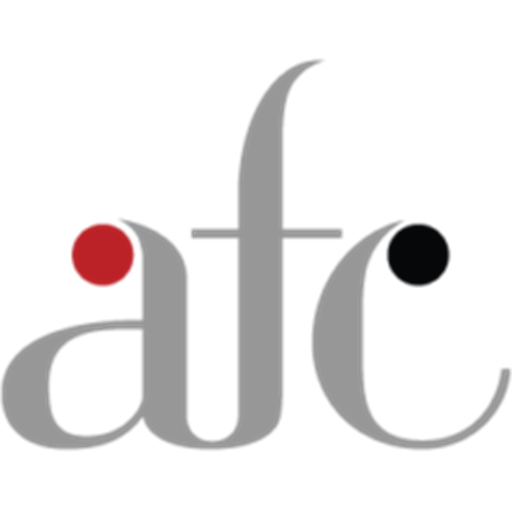Howard Marks, investor and writer, said “you can’t predict but you can prepare.” So, today I’m taking a mile-high view of the supercycle (what’s a supercycle? Read more about it in “The Third Supercycle Is Now”) and how I believe it will end, so that we can all be prepared. I believe that we will be able to speculate on how this supercycle will end by looking at previous cycles and the way they ended. By doing so, we’ll have the knowledge we need to prepare for whatever comes. Mind you – I believe that we still have a number of years left in this secular bull market, but it never hurts to start trying to educate yourself early.
The first cycle lasted 43 years from 1870 to 1913; driven by the industrialization of the United States, it was a time that set the stage not only for the World Wars, but also for modern living. Model T Fords, railroads, telegraphs and telephones, electricity, and an abundance of clean water gave birth to the kind of technology we still make use of today. The loser was agriculture – in 1874, over 50% of the US population was employed on farms, but the 1874 Financial Crisis saw thirty painful years and the unemployed left for the cities, to find work there. A rapid movement into industrialization saw the US emerge as a world leader in time for WWII. And yet, the first super cycle collapsed into the Great Depression in 1929.
The second supercycle, lasting from 1945 to 1970, was driven by the rebuilding of Europe after World War Two, the DOW grew from 150 to 1,000, for the first time reaching that threshold. With the housing and schooling offered by the GI Bill following the war, the Middle Class began to emerge, and with it a massive increase in disposable income that saw the popularization of 2-car families, fast food, and, of course, the television. Meanwhile, the intellectual battle between the USA and the USSR, known as the Cold War, saw the downfall of the Colonial System, which had been in place for centuries. African and Asian countries, like South Africa, India, and China were, for the first time, given control of their own fates. Those children who grew up knowing the Great Depression feared seeing it repeat itself and so, when recession times hit, not only did the second super cycle end after 35 years, those in power took the risk of inflating themselves out of another depression.
These emerging markets, which are only now gaining real economic ground, are what is driving today’s supercycle, which began following the Great Recession in 2008/2009, and could last through 2030. We should spend a moment looking at the Great Recession, and how those who lived through the 1970s inflation reacted the opposite of their ‘70s counterparts, and were willing to risk that recession in order to avoid potential inflation. I believe that today the supercycle is growing more rapid, and it will be a time both of rapid growth and rapid decay: companies that made up the S&P 500 in the 1990s have fallen by the wayside – companies like Kodak have made way for Apple and Netflix – and the lifespans of these companies could be as short as 15 years.
So, if we are like our past counterparts, and react to the opposite of the Great Recession, I foresee this super cycle ending with inflation. The Millennials, who came to maturity during the recession will work desperately to avoid another Great Recession or Depression. When the economy begins to sink, remembering TARP and money printing by the Fed as “cures” for 2008-09, those in power will apply the same. They will choose to inflate their way out, as did the generation who grew up during the Great Depression. While we may not be able to predict exactly how this will happen, keeping our eyes open and preparing may give us the opportunity to avoid some of our predecessors’ mistakes. The chances are inflation will increase gradually as it did beginning in 1962 (see the graph below).

Remember the classic story of the frog: if you put it straight into boiling water, it will jump out. But put the frog in water and slowly heat the water up, the frog will sit until the water boils. Inflation boils us like water does the frog. It was the early 1970s, when the oil embargo hit, that most people – and our nation’s leaders – recognized inflation, but by that time it had been increasing for a decade. I believe that this supercycle will end similarly.

